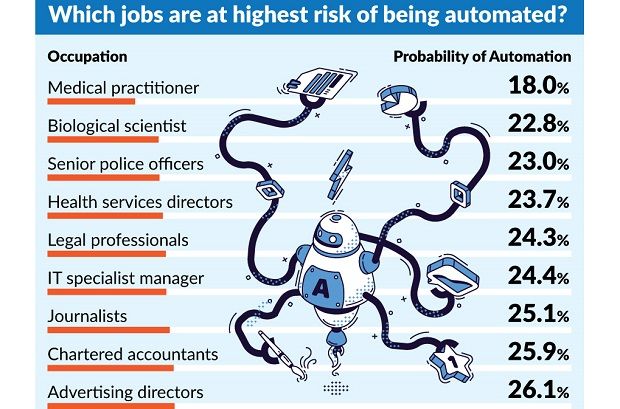PETALING JAYA | The increasing digitalisation process in companies has not hampered existing demand for labour in “traditional” jobs, according to experts.
Economist Prof Dr Yeah Kim Leng said while there was a risk that certain jobs would be automated, demand for labour remained strong in the post-Covid-19 recovery phase.
“The vacancies reported by the Social Security Organisation (Socso) showed a 13.8% increase to 72,678 vacancies in July from the previous month. About 19% of the reported vacancies are for sales assistants and 16.3% are for factory hands, ” he said.
“Other traditional jobs in demand by employers include industrial machinery assemblers, cargo vehicle drivers, administrative assistants, production assistants and commercial sales representatives.
“This suggests that while the displacement threat posed by digitalisation is growing, market demand for conventional jobs during the present recovery from the Covid-19 crisis remains strong, ” he added.
However, Dr Yeah added that digital skills would remain highly sought after by employers in the new post-Covid-19 business environment.
More flexible and project-basis work arrangements, he said, would also be the norm.
“As businesses seek to lower costs, including manpower costs, as well as leverage on higher productivity afforded by digital technologies, the shift towards outsourcing, contract or project-based employment will gain momentum, ” he said.
HR consultant Imran Kunalan concurred that the drive to move businesses towards digitalisation would lead to a more highly-skilled workforce in the long term.
“In the last three years, everyone was talking about the Industrial Revolution 4.0. It has been gradually happening, but with Covid-19, it has really allowed companies to see the (importance of) investing in technology.
“For the service sector, there is a lot of transactional work, and there is a lot of manual work in the manufacturing and plantation sectors.
“With Covid-19, they can’t really operate (as usual), so now that the economy is opening up, they are realising they need to have a more balanced approach in terms of reliance on technology and people, ” he said.
“This is an opportunity for us to move up the value chain, from mostly low-end jobs to middle-skill and higher-skill occupations, and this would make a progressive impact on wages.”
However, he acknowledged that the move to digitalisation would cause a portion of jobs to be displaced or replaced by automation.
“There will be a certain percentage of people who may – because of age or other factors – not be upskilled, ” he said.
Businesses in general, he said, had been complacent by relying on low labour costs.
“Now with Covid-19, it is a wake-up call. Either you move up the value chain, or you will ‘die off’. This is the tipping point.
“In Malaysia, our biggest dilemma is that we don’t have enough workers, so we can’t scale (the businesses) we want to do, ” he said.
“So technology can complement our lack of (supply) volume or quantity.”
HR services company Randstad Malaysia recently launched the Covid-19 Labour Pulse Survey which showed that 58% of respondents were actively looking for new jobs over the next 12 months.
Of this, 13% said their skills and experience no longer met their current job requirements while 15% said they had been retrenched.
Jaya Dass, Malaysia and Singapore managing director at Randstad, said the Covid-19 pandemic had seen many companies upgrading their digital infrastructure, “with a great number of jobs being digitised or displaced as a result.”
“Employees whose job responsibilities have been drastically altered to meet current and new demands may be motivated to join other companies where their skills and experience are still relevant, ” she said.










